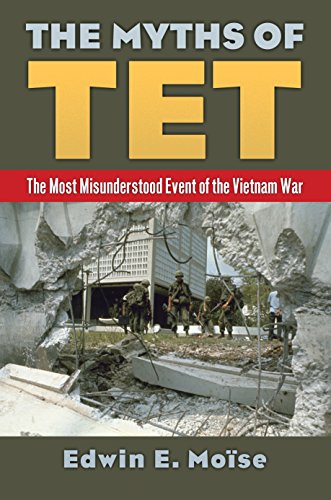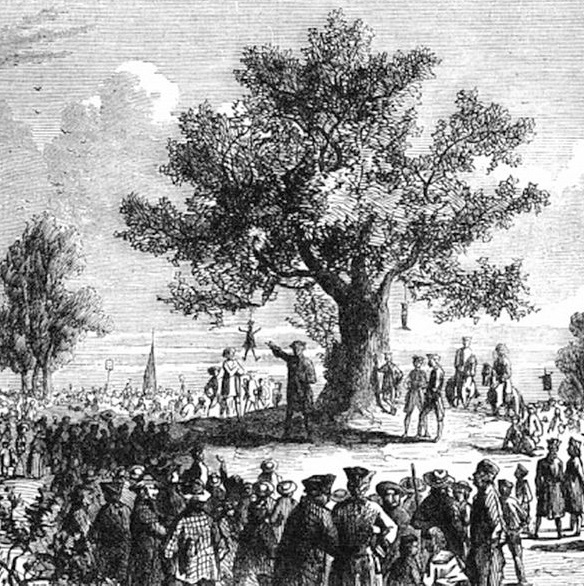
Book review: The Myths of Tet
Our generals lied about it…
Book review:
The Myths of Tet:
The Most Misunderstood Event of the Vietnam War
Edwin E. Moïse
Lawrence, KS: University Press of Kansas, 2017
276 pages
Too many lies. That’s what Edwin Moïse’s book says about the war in Vietnam.
No surprise, more or less. Moïse carefully and compellingly documents the lies created by American generals in Vietnam (“body counts,” “we’re winning the war”) and fed to credulous U. S. government officials right up to President Johnson. In The Myths of Tet, Moïse documents the lies manufactured by North Vietnamese military leaders and used to rationalize their combat strategies that resulted in uncounted military and civilian deaths.
The U. S. was not “winning the war” at the time of the Tet attacks in 1968. The early success of the North Vietnamese and Viet Cong attacks was barely understood at the time by the American intelligence apparatus. American combat deaths soared immediately, but somehow this evidence of enemy military success was not fully interpreted by the U. S. military, the American government, and the American people.
Sadly, truth wasn’t the only casualty of the Tet Offensive.
I was in the city of Hue two years after the Tet fighting. The city still looked like a combat zone in 1970. Every wall and building I saw was pockmarked by bullets and explosives. The graffiti that North Vietnamese soldiers had scrawled on the walls was still visible, and it wasn’t funny.
That’s no lie.
* * * * * *
A glimpse of the millennial dawn…
witness to the song of the sea…(a poem)
“Chanson de mer”
Book review. Copyright © Richard Carl Subber 2017 All rights reserved.
–
My first name was rain: A dreamery of poems with 53 free verse and haiku poems,
and the rest of my poetry books are for sale on Amazon (paperback and Kindle)
and free in Kindle Unlimited, search Amazon for “Richard Carl Subber”
Thanks for checking out my website. Here’s what you’ll find:
my poetry in free verse and 5-7-5 format—nature poems, love poems, poems about grandchildren, and a spectrum of other topics—written in a way that makes it possible for you to know, as precisely as possible, what’s going on in my mind and in my imagination;
thoughtful book reviews that offer some exceptional critique of the book instead of a simple book summary;
bits of history that did and didn’t happen;
luscious examples of my love affair with words;
my reflections on the words, art, and wisdom of famous and not-so-famous people, and occasional comments on politics and human nature.
Your comments on my poems, book reviews, and other posts are welcome.
Book review: To Serve Them All My Days
by R. F. Delderfield
A beloved teacher,
you know this story…
* * * * * *



